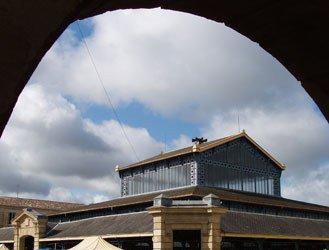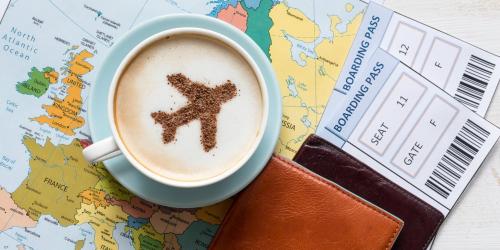The dishes: machine rather than hand (phew!).
A dish in hand is 42 liters of water (for 4 place settings) and quickly 100 liters if, like a third of the French, the water is allowed to run continuously.
Multiplied by the average 11 dishes we do every week, it's heavy.
Conversely, the dishwasher is more like 10 liters in "eco" mode for 12 place settings, and a saving of 30 to 45% of electricity to heat the water.
Even if you run the machine every day, you win.
By car, no empty journey.
A round trip of about 10 km to the supermarket means 1.4 kg of CO2 emissions by car and three times less by public transport (500 g).
But, to feed a tribe, the car is almost impossible to circumvent.
So we optimize the journeys by combining the races and the removal of the children to the beach, for example.
Bulk or XXL, the anti-squander option.
In France, three quarters of packaging is food packaging.
To reduce the weight of your weekly trash (for a family of 10 people) by 13 kg, it is better to buy your vegetables in retail, cut meats and basics (cereals, pasta, yoghurts ...) in bulk or in family format .
We limit the waste (we throw the equivalent of 0.56 € of food / day / person, ie 208 € / year / pers.) Using firstly the products bought first.
The shower, at homeopathic dose.
It lasts 6 minutes on average and consumes 90 liters of water, 15 of which are wasted during soaping.
To do better, it is enough to equip its pommel of a stop shower that blocks the water while keeping it at good temperature, and thus makes it possible to reduce its consumption by 22%, that is to say 20 liters approximately.



